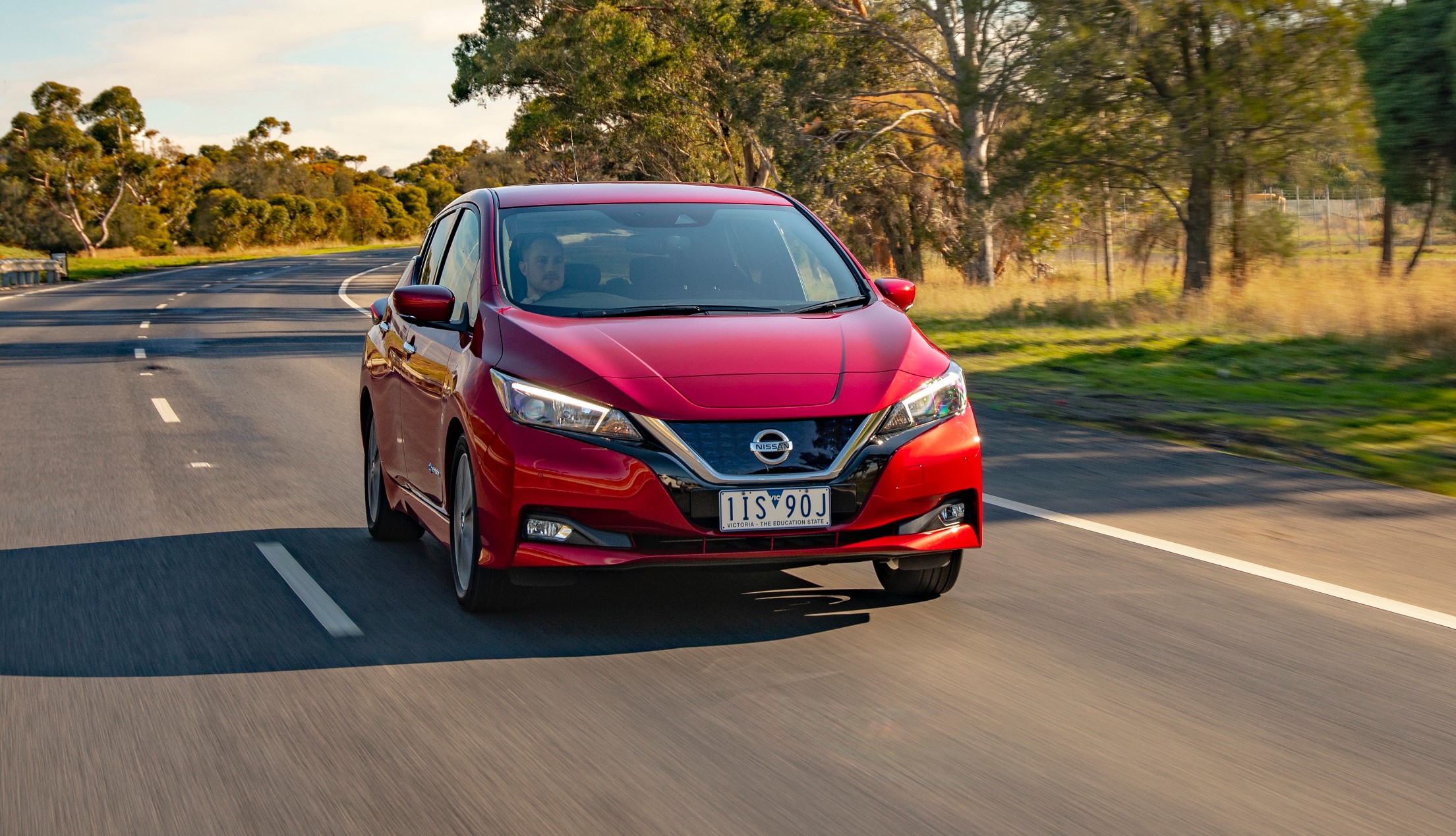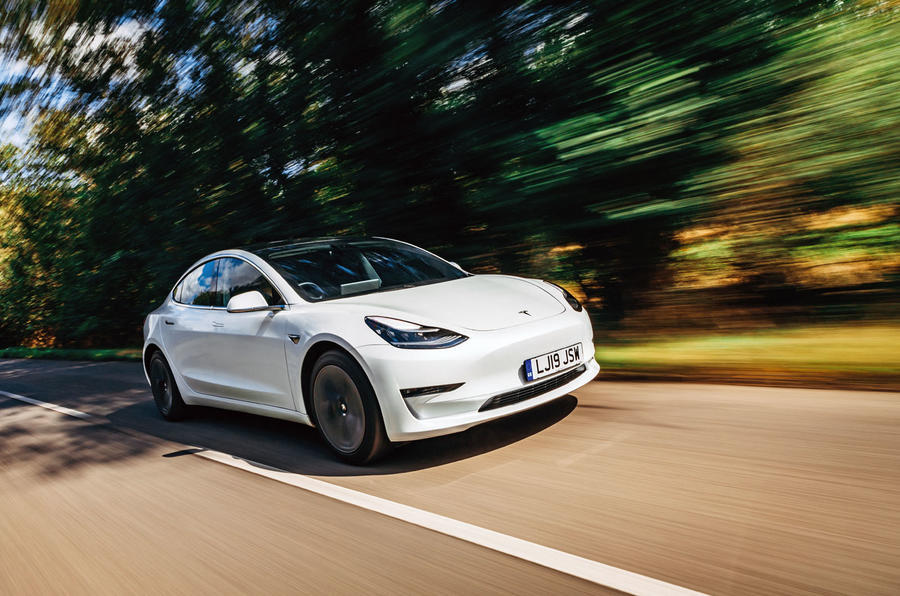Established manufacturers may not have been quite as nimble as Tesla when embracing EVs, but to tar them as dinosaurs is surely misguided.
Being a successful car maker has suddenly become unfashionable. Thriving companies worth billions, employing hundreds of thousands and developing technology that has been at the heart of society’s advancement for more than 100 years suddenly earns the damning ‘legacy’ label.
That word is beloved by those at the heart of change, especially in electrification but also digitisation, autonomous driving and more. Inevitably, then, it’s particularly favoured by advocates of Tesla – a company that has yet to make an annual profit.
Today, for some parts of society, if a firm makes cars powered by engines, no matter how (relatively) clean, it’s a part of the problem, regardless of its previous achievements.
There are positives to this, of course; the electrification path is based on science, and anything to sway opinion in this direction should be celebrated. Where it becomes uncomfortable, though, is when it’s applied inconsistently or facts are swept aside by the broad brush of good and bad.

One example might be the tarring of Nissan as a legacy car maker, despite the fact that the Leaf was, until last year, when Tesla’s Model 3 surpassed it, the world’s best-selling EV. In tailpipe terms, if not in headlines, Nissan was a world leader (albeit while selling plenty of petrol and diesel cars too).
Where this really comes into focus, though, is with the negativity thrown at Toyota. No question, it has been slow to market with EVs, having maintained – not unreasonably – that neither the tech nor market was mature enough until recently. But given that Toyota has pioneered hybrid tech since at least 1997 and consequently has sat at the lower end of emissions charts for at least a decade, calling it an environmental laggard is surely misguided.
No question, hybrids are a stop-gap on the route to full electrification, but so successful has Toyota been in leading the transition that today it stands as one of a handful of manufacturers that isn’t having its hand forced by a scramble to hit strict emissions targets – to the point that it has been able to announce that it will launch a new fuel-burning city car. This is a seismic decision, because just about every other car maker has given up on this small, light and efficient category as they battle other challenges.
The decision will inflame EV evangelists, but it caters for common sense. The goal is transition, not overnight transformation, and – in full expectation of being labelled a legacy journalist henceforth – offering low-emissions alternatives to EVs shouldn’t be derided.
Jim Holder




